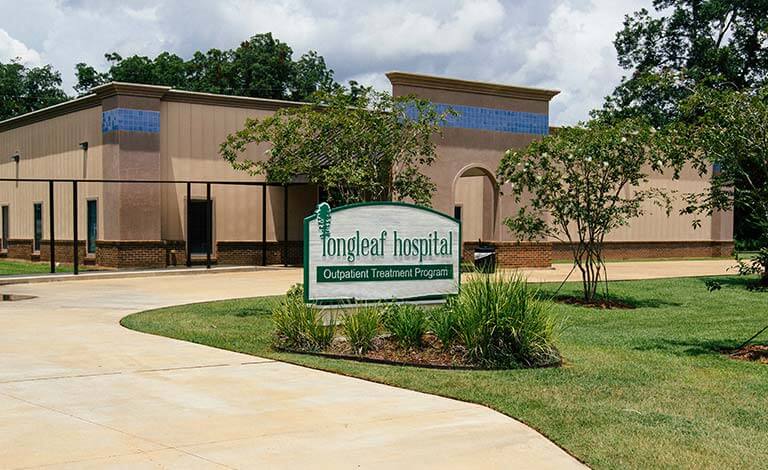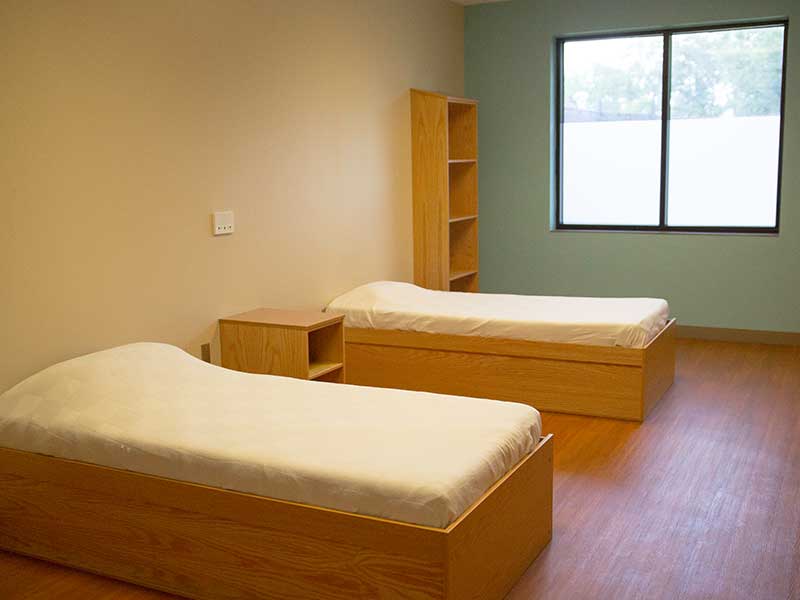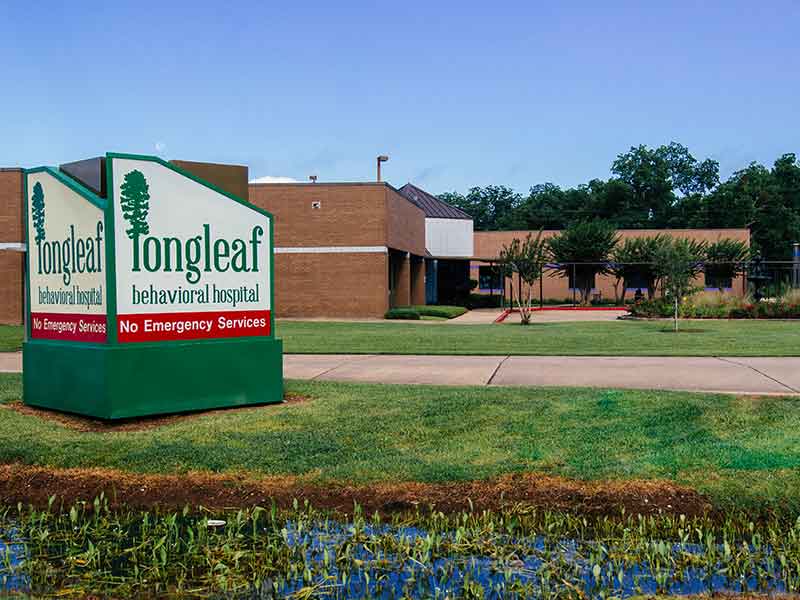Hallucinogens are a classification of drugs that cause extreme mind and mood-altering effects when they are taken. These substances, which include peyote, LSD, PCP, and ketamine (or Special K) to name a few, can be consumed in tablet form, as a straight liquid, as a brewed tea, as a powder that is snorted, as an inhalant, via injection, or as a dissolvable substance on one’s tongue.
Understanding Hallucinogen Abuse
Learn about hallucinogens and substance abuse
Once these drugs take effect, users can feel detached from their bodies and surroundings, hallucinate, and/or experience alterations in their perceptions of the world around them. Because the high that results is often intense in nature, people who consume these drugs often endure a great deal of interpersonal strife as a result, and are especially vulnerable to injury due to their impaired and compromised ability to think and act when under the influence.
If you’re presently struggling with the abuse of a hallucinogen, and if you’re ready to become sober, it’s pivotal for you to know that comprehensive and effective care is available. Additionally, if you’ve found yourself addicted to other drugs or suffering from mental health concerns at the same time, you can still benefit from engaging in treatment that can save your life. Since hallucinogens are such powerful substances of abuse, partaking in services at a reputable addiction clinic is important so that you can avoid relapse and reach your recovery goals. So, why wait another day? Make the call to a treatment center in your area and begin living the hallucinogen-free life you deserve.
Statistics
Hallucinogen abuse statistics
According to the National Institute on Drug Abuse, or NIDA, hallucinogens are most frequently abused by those between the ages of 18 and 25. Additionally, SAMHSA, or the Substance Abuse and Mental Health Association, reports that almost one million people in the United States had used hallucinogens in 2014, which accounts for nearly 0.5% of the American population. Finally, it has also been found that men abuse this sort of substance more often than women.
Causes and Risk Factors
Causes and risk factors for hallucinogen abuse
You may be wondering why you’re struggling with the abuse of hallucinogens. Like many before you, the causes and risk factors for this issue have been perplexing, though researchers are much closer to determining why hallucinogen addiction affects some people but not others. Consider the following and see if these concepts apply to your own life in terms of what may have led you to abuse and form an addiction to hallucinogens in the first place:
Genetic: It’s now known that addiction is a concern that can be passed down from generation to generation. Researchers have isolated certain genes that are found among family members that can make people more vulnerable to grappling with the abuse of hallucinogens or other substances. Therefore, as you try to understand your own addiction, it could be beneficial to determine if substance abuse is/was a problem for other members of your family.
Environmental: The places you spend time, the people you hang out with, and the experiences you’ve had in your own life can all impact your vulnerability to abusing hallucinogens. These factors are examples of how your environment can play a role in how you came to abuse hallucinogens. Furthermore, if you have a hard time coping with stress and turmoil, or if you don’t have a solid foundation of support in your life, you may be especially vulnerable to abusing hallucinogens or other drugs as well.
Risk factors:
- Personal history of substance abuse
- Family history of substance abuse
- Having easy access to hallucinogens
- Being of younger age
- Personal or family history of mental illness
Signs and Symptoms
Signs and symptoms of hallucinogen abuse
If you’re wondering whether you’re grappling with an addiction to hallucinogens, it may be helpful to look at your own life and see if any of the following behavioral, physical, cognitive, or psychosocial symptoms are present. If they are, you should consider seeking professional addiction services so that the symptoms you’re experiencing can be eliminated from your life once and for all:
Behavioral symptoms:
- Spending a lot of time getting, using, and recovering from hallucinogen abuse
- Attempting but failing to stop the abuse of hallucinogens
- Abusing hallucinogens in situations when it is dangerous to do so
- Continuing to use hallucinogens even after experiencing negative consequences as a result
- Violent or aggressive behaviors
Physical symptoms:
- Nausea
- Vomiting
- Dizziness
- Increased blood pressure
- Perspiration
- Numbness in arms and legs
- Respiratory distress
- Vision problems
- Increased heart rate
- Muscle spasms
Cognitive symptoms:
- Poor judgment
- Amnesia
- Delusions
- Poor focus
- Paranoia
- Poor concentration
- Dissociation
- Hallucinations
Psychosocial symptoms:
- Loss of interest in enjoyable activities
- Agitation
- Mood swings
- Social withdrawal
- Aggression
- Irritability
Effects
Effects of hallucinogen abuse
Abusing hallucinogens rarely ever provides a person with favorable results within his or her life. If you’ve become a regular abuser of these substances, then you’ve likely endured some sort of strife in your own life. If not, the following may happen to you if you don’t seek prompt and effective treatment:
- Job loss
- Homelessness
- Impaired motor skills
- Poor occupational performance
- Suicidal ideation
- Arrest
- Heart problems
- Psychosis
- Ruined interpersonal relationships
- Depression
- Family conflict
- Financial instability
- Cognitive damage
- Death
- Incarceration
Co-Occurring Disorders
Hallucinogen abuse and co-occurring disorders
An addiction to hallucinogens is known to exist at the same time as other mental disorders. Therefore, if you believe that you’re grappling with more that this sort of substance abuse problem, know that you can also receive care for one or more of the following conditions simultaneously:
- Anxiety disorders
- Bipolar disorders
- Depressive disorders
- Other substance use disorders
Withdrawal & Overdose
Effects of hallucinogen withdrawal and overdose
Effects of hallucinogen withdrawal: Long-term abuse of a hallucinogen may cause you to endure a series of unpleasant physical and psychological symptoms when you’re no longer under the influence of your drug of choice. These symptoms are known as withdrawal and may include the following effects:
- Diminished speech
- Impaired reflexes
- Seizures
- Agitation
- Memory problems
- Muscle twitches
- Anxiety
- Confusion
- Depression
Effects of hallucinogen overdose: If you consume a hallucinogen to the extent that your body can’t safely metabolize it, then you’re at risk of experiencing an overdose. An overdose should be viewed as a potentially life-threatening problem, so you should seek emergency medical attention if any of the following effects become apparent. It may also be a good idea to alert loved ones of these effects as someone else may need to call 9-1-1 for you if you need medical help after abusing a hallucinogen:
- Loss of muscle control
- Tachycardia
- Coma
- Convulsions
- High blood pressure
- Muscle rigidity
- Rapid eye movement
- Seizure
- High pain tolerance












